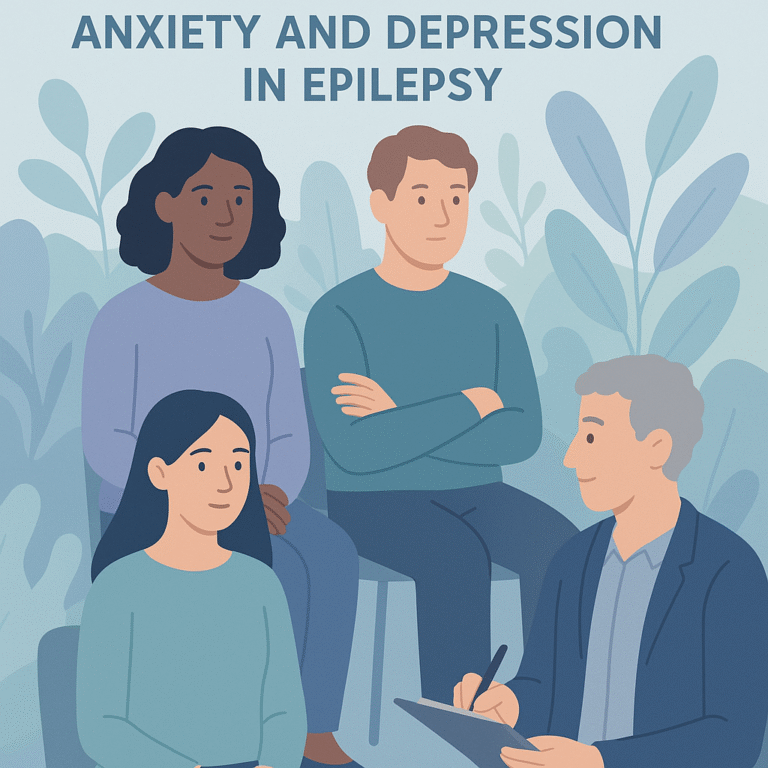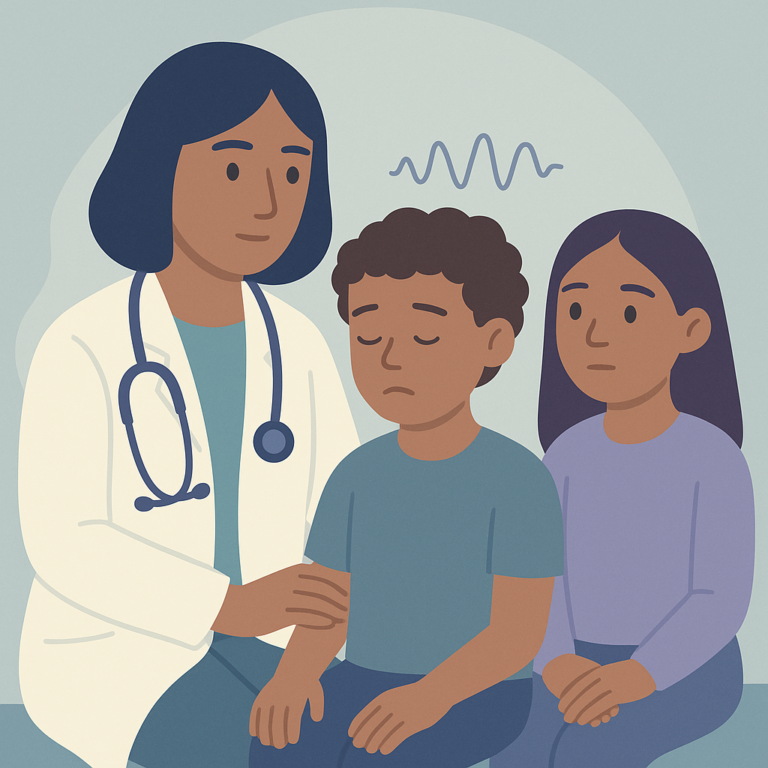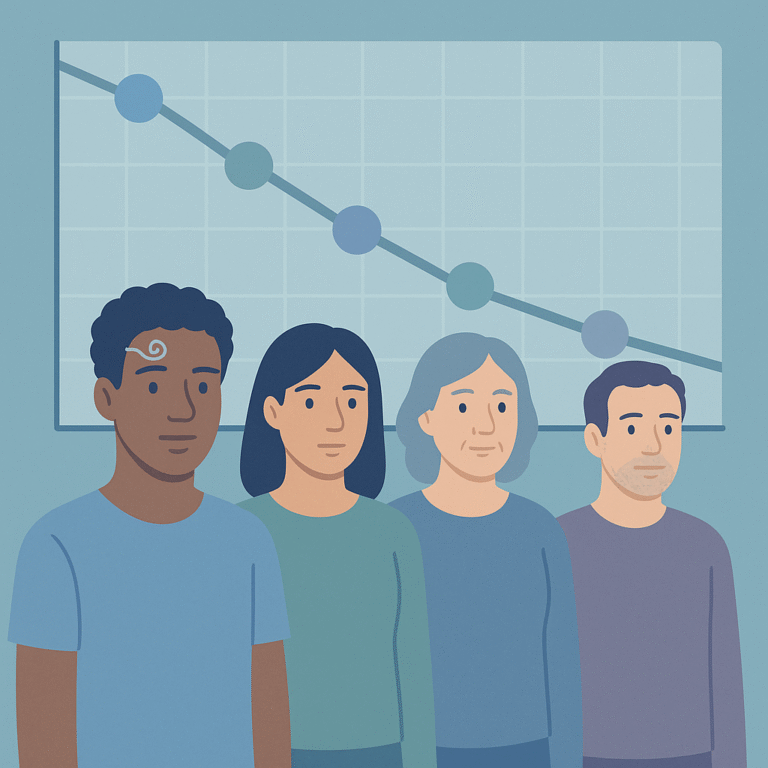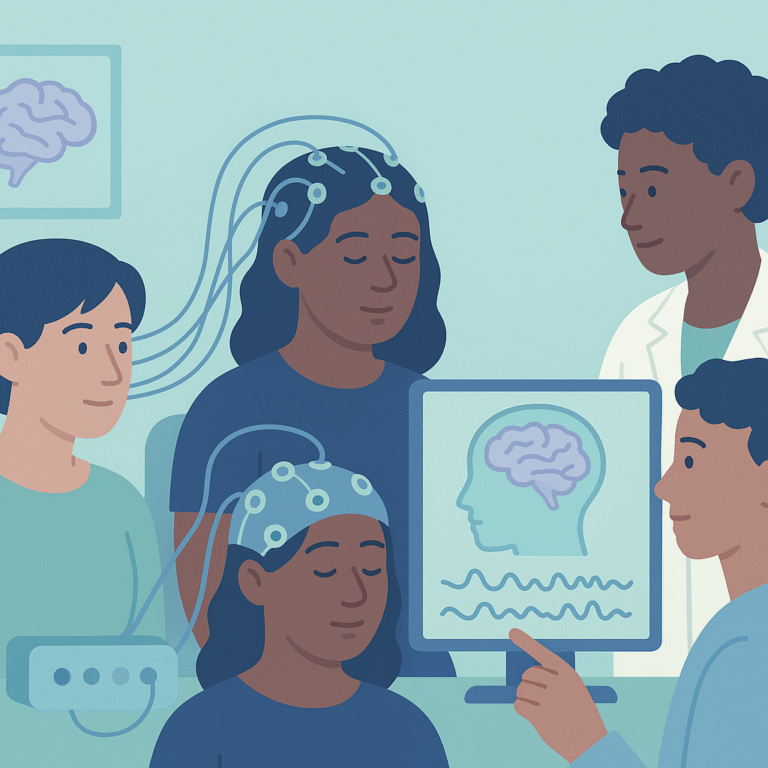Lacosamide May Trigger New Seizure Type in Children
Source: Epilepsia
Summary
Researchers studied the effects of a medication called lacosamide (LCM) in three young patients with epilepsy. These patients had different types of epilepsy, including one with self-limited epilepsy and the others with focal epilepsy. The study aimed to see if LCM, a newer medication that affects sodium channels in the brain, could cause new seizure types or worsen existing conditions.
The key findings showed that after starting LCM, all three patients experienced a specific type of seizure called epileptic negative myoclonus (ENM). This condition caused brief moments where they lost muscle tone in their arms while awake. Additionally, their brain activity, measured by EEG, worsened, showing more abnormal wave patterns after starting the medication. When LCM was stopped, the ENM episodes went away.
This study is important because it suggests that LCM can lead to new seizure types and worsen brain activity in some children with epilepsy. However, the research is limited to just three cases, so more studies are needed to understand how common this effect might be. Parents and caregivers should be aware of these potential changes when their child starts LCM and discuss any concerns with their healthcare provider.
Free: Seizure First Aid Quick Guide (PDF)
Plus one plain-language weekly digest of new epilepsy research.
Unsubscribe anytime. No medical advice.





